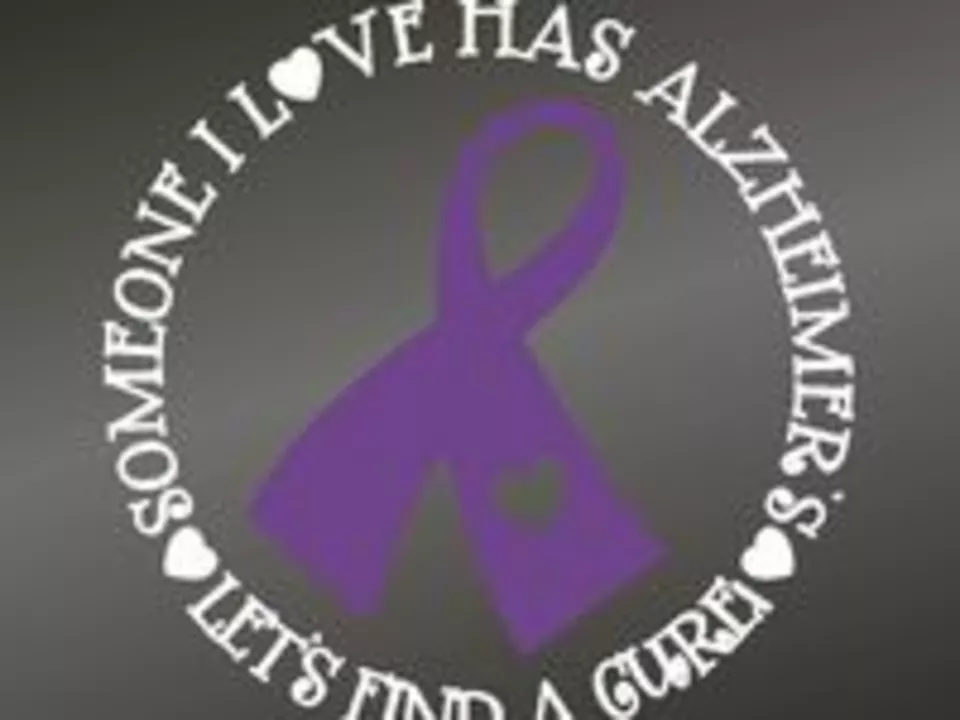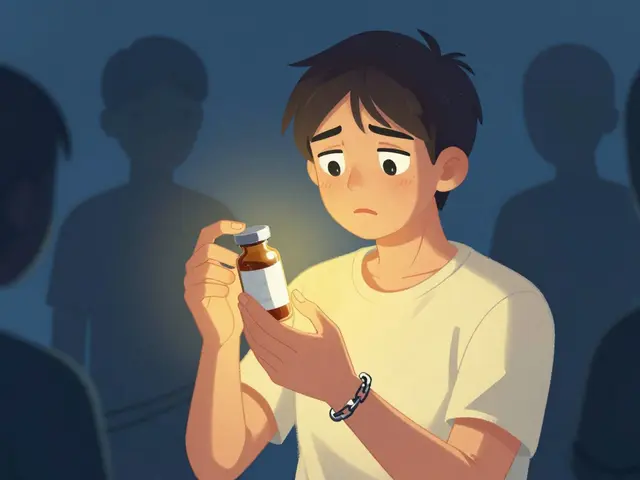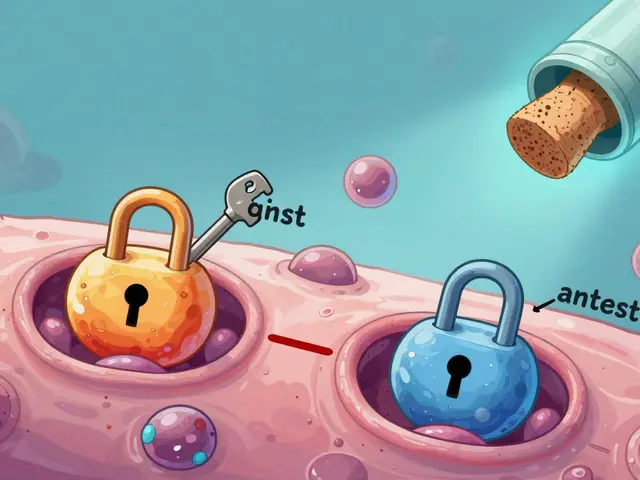Raising Awareness: Medication Safety & Online Pharmacy Tips
People trust medicines to help, but mistakes happen. Want a quick way to protect yourself and others? This page gathers clear, useful steps you can use right now to spot unsafe online pharmacies, avoid drug mix-ups, and talk to friends and family without sounding like a lecture.
Spot a risky online pharmacy fast
First check: does the site ask for a real prescription? If it sells antibiotics or controlled meds without one, walk away. Look for a physical address, a licensed pharmacist contact, and a secure payment page (https). Legit sites usually show their pharmacy license and have clear return and privacy policies. If reviews feel fake—too many five-star short comments—find another source.
Compare the pill’s looks and name with a reliable database before you order. Know the generic name, not just the brand. For common checks, snap a photo of the pill and ask your local pharmacist if it looks right. Never mix medicines based on one website’s advice—drug interactions can be serious.
Talk about side effects and interactions simply
Side effects are common, but some need quick action. Learn which ones mean stop-and-call-a-doctor (high fever, yellowing skin, severe allergic reaction) and which are usually mild (nausea, mild headache). Keep a single, simple list of all medicines, supplements, and herbal products you use. Show this list to every new prescriber or pharmacist—saving that one list can prevent dangerous mixes.
Ask questions that matter: What should I expect in the first week? Which signs mean I should stop? Will this interact with my blood pressure or birth control? If the clinician or pharmacy won’t answer clearly, get a second opinion.
Teach one person at a time. When you share tips, use real examples: a friend who mixed a sedating painkiller with alcohol, or a neighbor who avoided a bad batch by checking a pharmacy license. Personal stories stick better than facts alone.
Getting involved locally helps. Volunteer at health fairs, bring printed checklists to community centers, or ask your local pharmacist to give a short talk. Schools and senior centers welcome simple, practical sessions on how to read a medicine label and why prescriptions matter.
If something goes wrong, report it. In the U.S., you can report bad meds or online pharmacy issues to the FDA’s MedWatch. In other countries, your national health regulator has a similar system. Reporting helps protect others and can stop dangerous sellers.
Small changes add up: verify a site before you buy, keep a clear medicine list, ask simple targeted questions, and share one relatable story. That’s the kind of raising awareness that actually keeps people safer every day.

The Importance of Advocacy and Raising Awareness for Dementia of the Alzheimer's Type
As a blogger, I cannot stress enough the importance of advocacy and raising awareness for Dementia of the Alzheimer's Type. This debilitating disease not only impacts the individuals suffering from it, but also their families, caregivers, and society as a whole. By talking openly about Alzheimer's, we can break down the stigma surrounding it and encourage people to seek help and support. Advocacy also plays a key role in driving research and funding towards finding a cure and improving the quality of life for those affected. Let's use our collective voice to make a difference for the millions of people living with Alzheimer's and their loved ones.
read more




